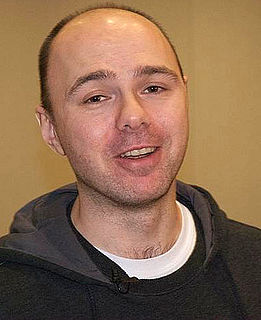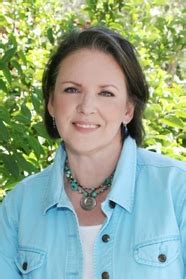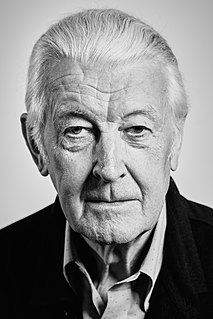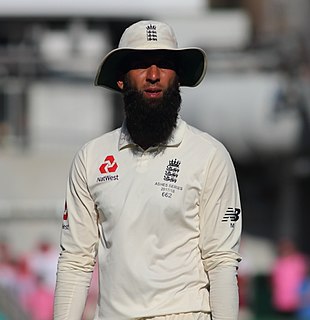A Quote by Rebecca West
I wonder if we are all wrong about each other, if we are just composing unwritten novels about the people we meet?
Related Quotes
In Pakistan, many of the young people read novels because in the novels, not just my novels but the novels of many other Pakistani writers, they encounter ideas, notions, ways of thinking about the world, thinking about their society that are different. And fiction functions in a countercultural way as it does in America and certainly as it did in the, you know, '60s.
We are all healers of each other. Look at David Spiegel's fascinating study of putting people together in a support group and seeking that some people in it live twice as long as other people who are not in a support group. I asked David what went on in those groups and he said that people just cared about each other. Nothing big, no deep psychological stuff-people just cared about each other. The reality is that healing happens between people.
That's another thing," she said. "You no longer need other people in your life once you have found your true love. No wonder Magnus feels he cannot open up to you, when you rely so heavily upon these other people. When love is true, you should meet each other people. When love is true, you should meet each other's every desire, every need - A re you listening, young A lexander? For my advice is precious, and not given often.
See, that's the thing about second chances. It's two people that are there for each other and support each other and care about each other no matter how much they want to deny it. It's about one person doing everything they can to make sure the other doesn't fall and vice-versa. Second chances are about holding on to that other persons hand no matter how hard they beg to let go.
I wonder if it's ever really possible to know the truth about someone else, or if the best we can do is just stumble into each other, heads down, hoping to avoid collision. I...wonder how many people are clutching secrets like little fists, little rocks sitting in the pits of their stomachs. All of them, maybe.
I wrote an op-ed piece in The New York Times about the amazing effect of shared wonder - how I have an audience filled with people who you'd think would hate each other, people from every religious category, all at the same show at the same time. And it's an amazing phenomenon to watch this shared sense of wonder, where these people who really don't like each other - for good and bad reasons, reasons that make sense and that don't make sense - are in the same room, experiencing this unification.
I talked a lot early on in my career about intersectionality and how racism and classism and sexism and homophobia and capitalism are all connected with each other, and they're these crazy systems that are feeding on each other and are also damaging. I can't even go into the whole spectrum of it. But I feel like kids today are so much more savvy about that conversation. And I'm so thrilled when I get to meet younger people who are doing that so much better than I did.
If something was bugging you, you talk about it. But that's the cool thing: we [My Chemical Romance] don't bug each other. We just have deep discussions about art and music like friends. And we disagree about stuff but the disagreements are so healthy and intelligently thought out. We're very respectful of each other's opinions, especially about music.


































